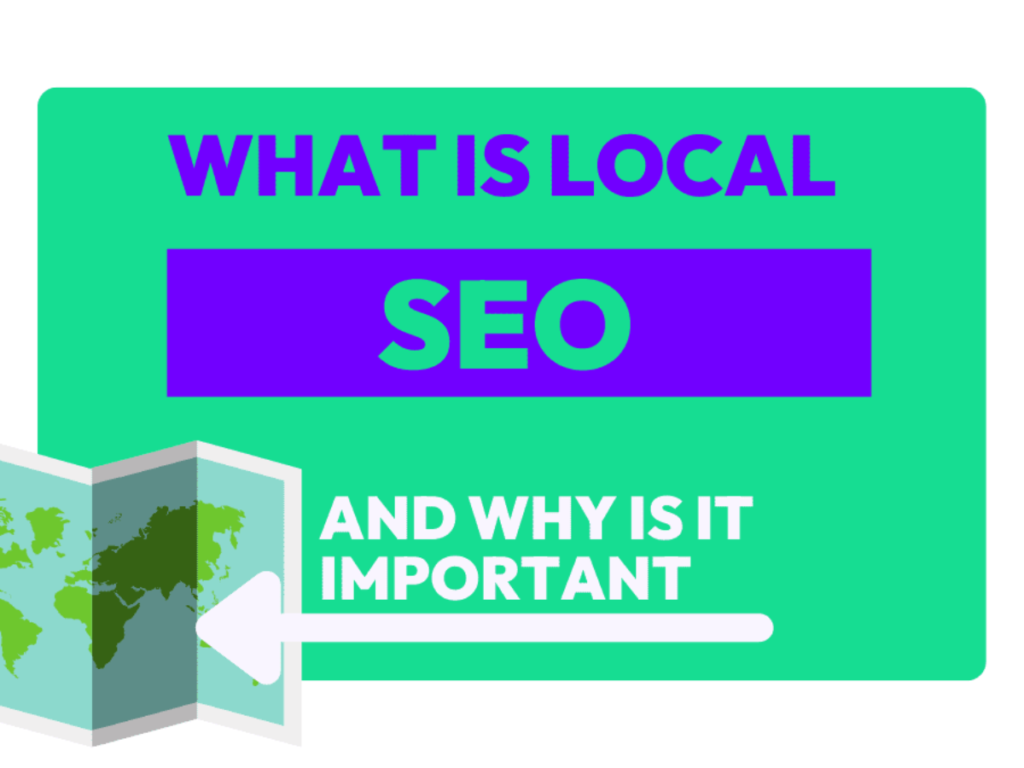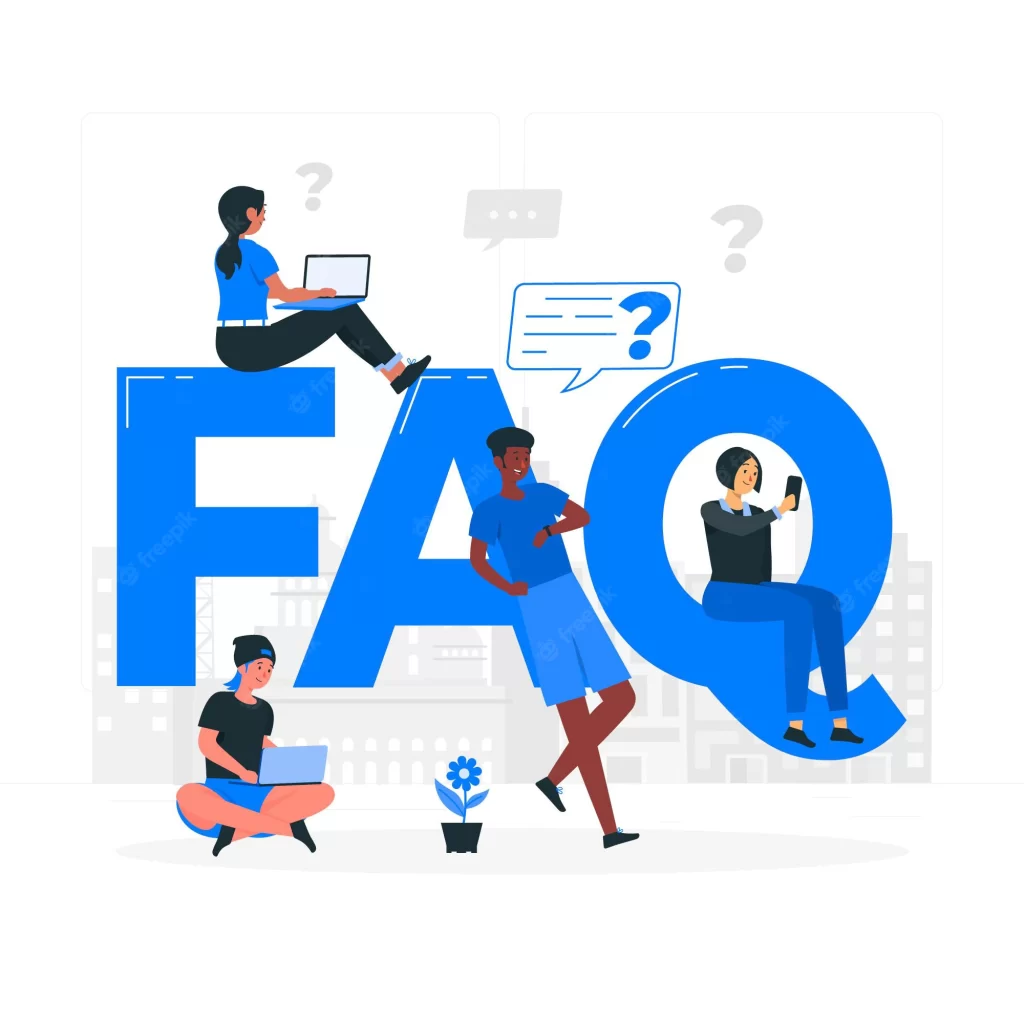Our Blog
Latest Blog & Articles
Check Latest Blogs, Articles & News Regarding SEO
-
What is Organic SEO?
Organic SEO refers to the process of improving your ranking on unpaid search engine results pages (SERP). This is typically done through various on-page and off-page strategies. Businesses of all sizes in any industry should include organic SEO in their overall business strategies. With the right tactics, organic SEO will help you rank higher on…












